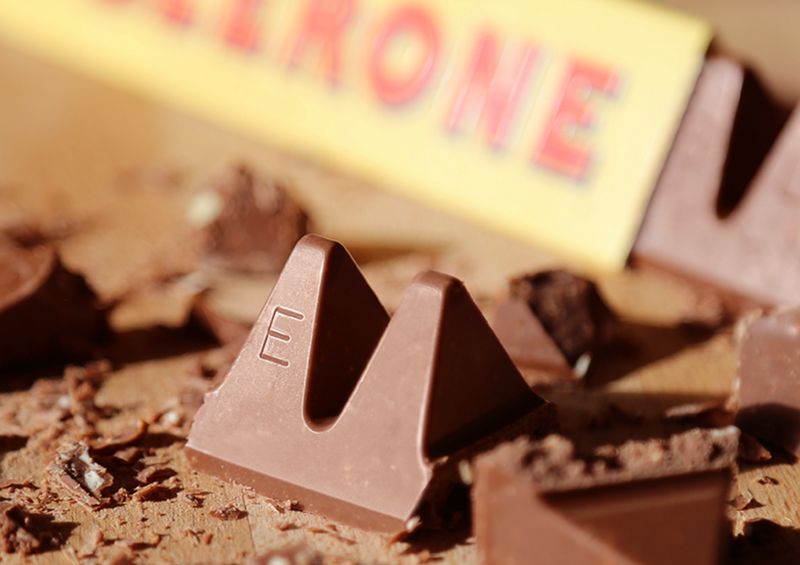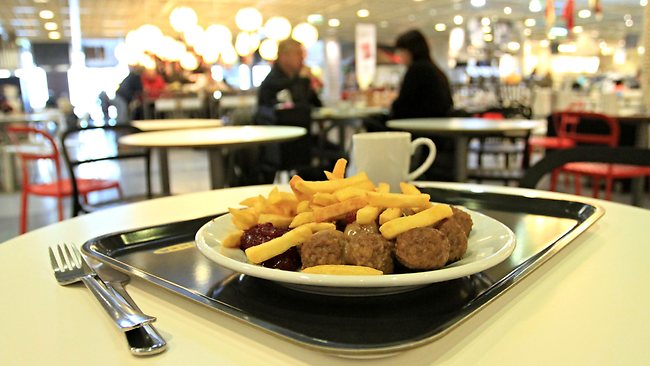KUALA LUMPUR, March 28 — When it comes to what is “safe” to eat or drink, Muslims in Malaysia are pretty savvy.
Of late, though, there has been a greater reliance on the stamp of approval or certification from the Malaysian Islamic Development Department (Jakim) which sets the halal standards for restaurants even though the federal body has said that food without any official halal certification is not necessarily haram.
Despite this, there has been a number of times Malaysian Muslims have been quick to accuse a company of selling non-halal products, only to be proven wrong later on.
Here are the seven of the most controversial examples in recent times:
McDonald’s
It would seem that many Malaysians have a love-hate relationship with this US fast-food chain. While it remains popular, there have also been persistent unfounded allegations against the company.
Some consumer groups have threatened to boycott McDonald’s because of the parent company’s alleged “Jewish” links, which they claim is reason enough for Muslims to stop supporting them.
Others have claimed some products, like the “Quarter Pounder” burger, are made from products that are not halal.
The rumours were so bad that Jakim was forced to intervene and issue a statement last June saying McDonald’s Malaysia’s halal status should not be questioned.
Interestingly, McDonald’s Malaysia restricts customers from bringing cakes that are not halal-certified into its restaurants.
The chain added that although it has a policy barring outside food and drinks in its premises, it made allowances for birthday cakes served at parties held at its restaurants.
But it added that these must be demonstrably halal, either through certification or logo.
Now how’s that for irony?
Meanwhile, McDonald’s Corp said it has sold the franchise rights for its restaurants in Singapore and Malaysia to Saudi Arabia’s Lionhorn Pte Ltd as part of a plan to move away from direct ownership in Asia.
Cadbury
In 2014, the Health Ministry detected pig DNA in samples taken from Cadbury’s Dairy Milk Hazelnut and Dairy Milk Roast Almond products.
This, of course, caused an uproar among Muslim groups who called for a nationwide boycott on all Cadbury products, saying that a “jihad” needs to be waged against the confectionary giant for allegedly attempting to “weaken” Muslims in Malaysia.
But Jakim later said that an analysis by the Chemistry Department of samples of the two products taken directly from Cadbury’s factory showed no traces of porcine contamination.
Jakim also pointed out that the Health Ministry’s samples were not taken directly from Cadbury’s factory, suggesting that this resulted in possible contamination and flawed test results.
In order to prove that the Cadbury products were halal, officials with the country’s top Islamic authority even volunteered to eat the chocolate bars.

Toblerone, Daim chocolates
Last year, Jakim cautioned Muslims against consuming Toblerone and Daim chocolates as the two brands were not certified halal.
In a posting on its Facebook, the federal Islamic authority’s halal hub division said both the Swiss and Swedish chocolates have not received halal certification from Jakim or other international certified bodies.
This then led to Mondelēz International, the manufacturer of Toblerone and Daim brand chocolates, clarifying that the ingredients used in the two products are suitable for Muslims.
The United States-based multinational food company said the two products do not have a halal logo since they are produced in countries that do not require such certification.
The company also said that Jakim has clarified that a food with no halal certification does not necessarily mean it is haram, or forbidden under the religion, and urged customers to refer to the ingredients list printed on its products’ packaging.
Texas Chicken
The Texas Chicken kerfuffle began sometime in June 2015 when a Facebook user, Mista Bob Faishah wrote to Texas Chicken to find out more about its “Church’s” brand dipping sauce” claiming that Muslims cannot eat food from “church brands.”
In his post on Facebook, the man had also claimed that most of Texas Chicken’s customers are Muslims, adding that he was “worried” about eating food with a label that says “Church’s.”
It is unclear what the man meant by “church brands”, but he was likely referring to how Muslims may not eat food from churches. There is no such prohibition in Islam.
Texas Chicken Malaysia later responded to explain that “Church’s Chicken” was the chain’s name in the US, and they were not related to Christianity.
It further explained that some of its sauces were imported from the US, in which case these will carry the Church’s Chicken branding.
Mista Bob subsequently wrote an online apology to Texas Chicken, adding that he still enjoyed their food with his favourite being its winglets.
‘Eyeglass with candy’ sweets
Just earlier this week, Jakim had to issue a statement refuting claims that “Eyeglass With Candy” sweets are not safe for Muslim consumption as it contained haram ingredients.
According to Jakim’s Halal Hub Division, the sweets which are round and come in various colours are produced by Goodfood Industries Sdn Bhd which has valid halal certification.
“The misunderstanding arose when the consumer did not look clearly at the label which has the words ‘free from pig’s products and its derivatives’,” it said in a statement.
Jakim also advised the public to be smart consumers and not spread rumours without checking.
Auntie Anne’s pretzel dogs
In November last year, the local chapter of US pretzel chain Auntie Anne’s changed the name of its “pretzel dog” to “pretzel sausage”, after it was reported that they would be denied halal certification if they refused to do so.
The company’s executive Farhatul Kamilah Mohamed Sazali said the name was changed to meet the requirements set by the country’s halal authorities.
On October 31 last year, the company posted a statement on its Facebook page, saying that it would fulfil all requirements towards obtaining halal certification in the country.
But Jakim denied that it had rejected Auntie Anne’s application for halal status due to the presence of the word “dog” in its menu, and blamed media for the public furore.

Ikea’s meatballs
Way back in 2013 Ikea Malaysia had to issue a statement reassuring its customers that all of the meatballs sold at its Malaysia outlet contained only beef from Australia, and that it was halal certified.
It had to do so following a public uproar over the discovery that meatballs from a supplier in Sweden were found to contain traces of horse meat.



















